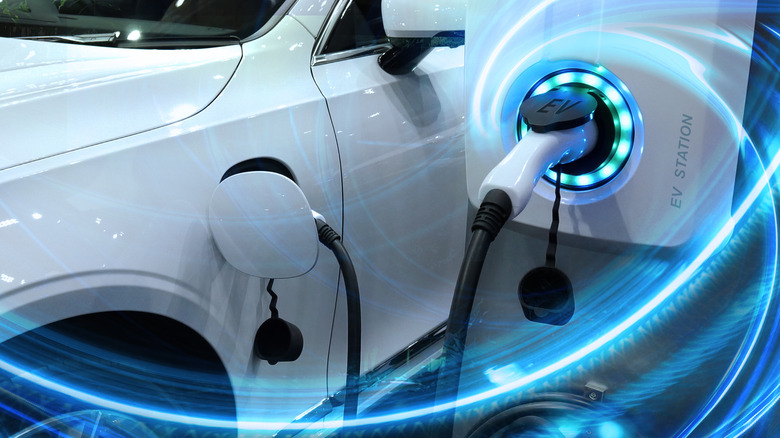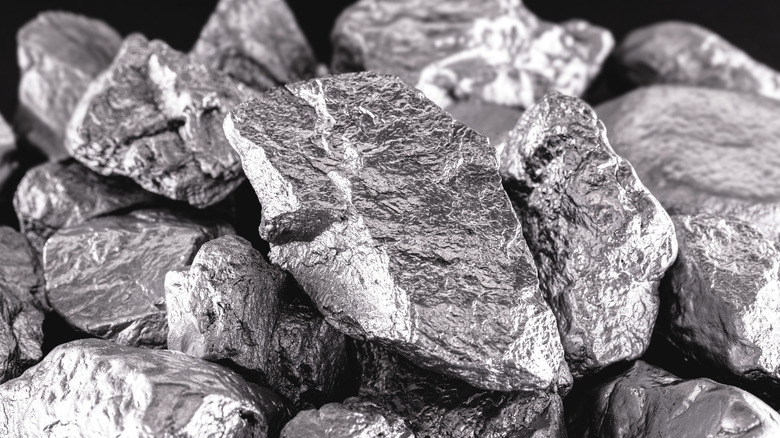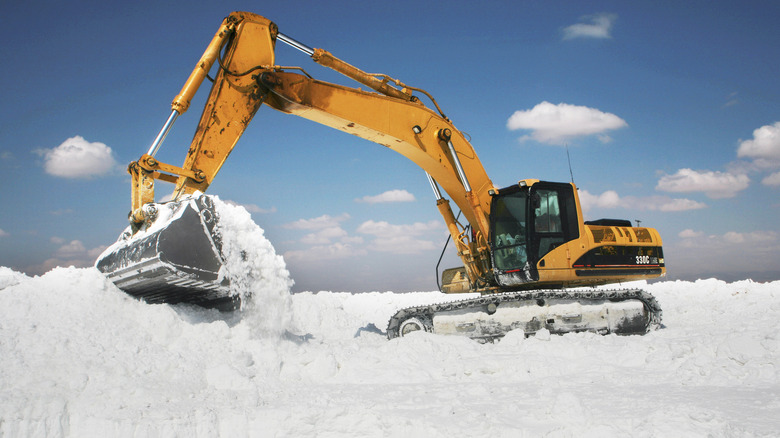The Unfortunate Truth About Electric Cars
Demand for batteries, specifically lithium-ion batteries, over the last several years has grown exponentially with the continued growth of cell phones and electric cars. As the demand for more and more batteries grows, especially as electric cars start to become more popular, so goes the need for their core components as well. "Rare earth elements" such as cobalt and lithium are just some of the materials that make up lithium-ion batteries. The problem, however, lies within procuring these items morally and ethically.
According to Green Tech Media, over 50% of the world's cobalt comes from the Democratic Republic of Congo (DR Congo). The government of DR Congo reports that 20% of all cobalt exports out of the country are from unregulated mines that are operating illegally. Because of the poor working conditions in Congo, many of these mines use child labor to extract cobalt ore. In fact, it's estimated that at least 40,000 children are "employed" by these illegally run mines (via Amnesty International) that are unfortunately referred to as "artisanal" mines.
The horrors of child labor
Mining cobalt is hazardous. The process used to extract cobalt ore from the earth leaches hazardous materials into the local environment. Further, to extract the cobalt requires a process called smelting which emits sulfur oxide, which not only goes into atmosphere, but is being breathed in by the children working (via The New York Times). And this all occurs within "regulated" mines within DR Congo. Conditions in the illegal "artisanal" mines are far worse. According to Amnesty International, the conditions these 40,000 children face in the mines are life-threatening. Breathing in cobalt dust causes a condition called "hard metal lung disease" which can cause trouble breathing and asthma, and if left untreated, could lead to death (via NCBI).
Making the situation even more dangerous are the tools the child laborers used to mine the ore. According to the Financial Times, workers in these mines use either hand tools to remove the ore or just their bare hands for hours with no break. One child working in a cobalt mine told Amnesty International he would "spend 24 hours down in the tunnels. I arrived in the morning and would leave the following morning."
Crisis of water
It's not much better when it comes to the lithium needed to power batteries, as well. Primarily located in the salt flats of South America, within countries like Argentina, Bolivia, and Chile, mining lithium wreaks havoc on the local environment. Removing lithium from the salt requires huge amounts of water.
According to Mining Technology, just one Bolivian Mine uses over 13,000 gallons of water a day to extract lithium from the salt, causing a massive water shortage for local farmers. Ana Carballo, a leading researcher investigating lithium mines in Argentina, said, "Severe water scarcity means the ecosystems in these areas are very fragile — the water is not always reachable or readily available. It's taken a very long time to come to terms with the consequences of the mining processes and one of the main challenges is in getting adequate environmental impact assessments."
With an estimated 40 more lithium mines going online in the near future, the water situation in these countries will continue to worsen before they get better.


